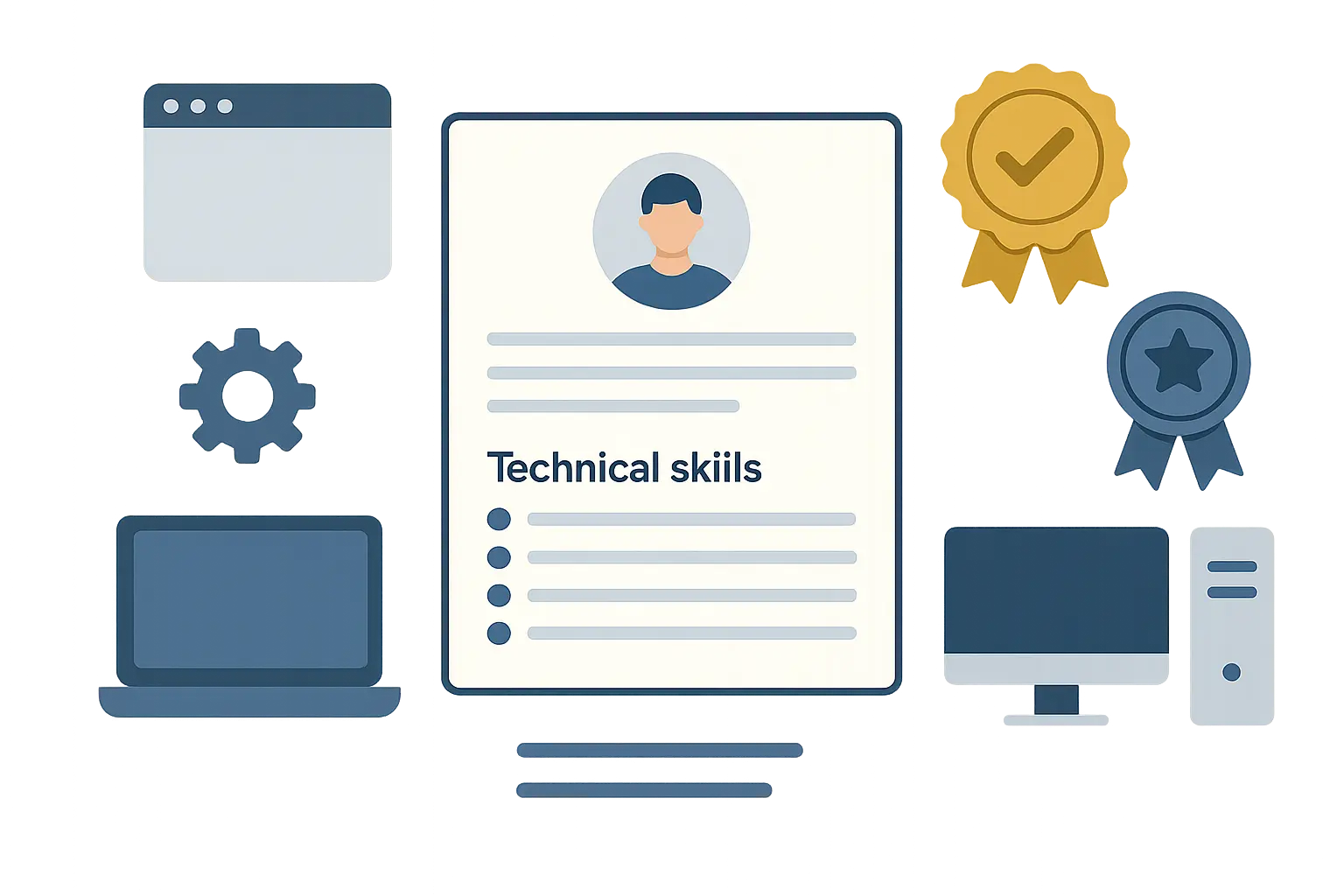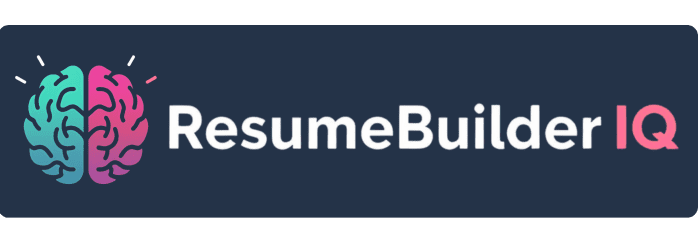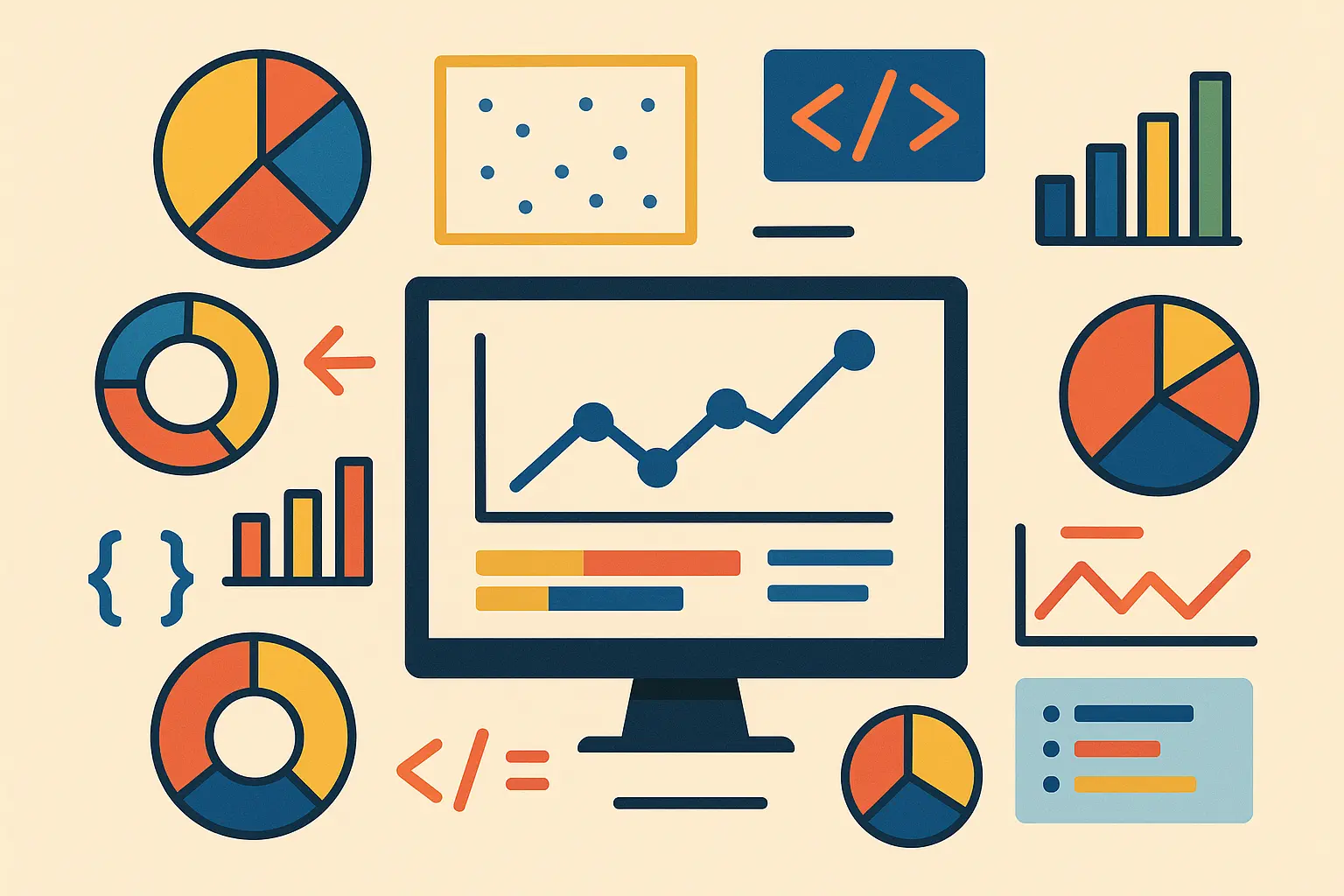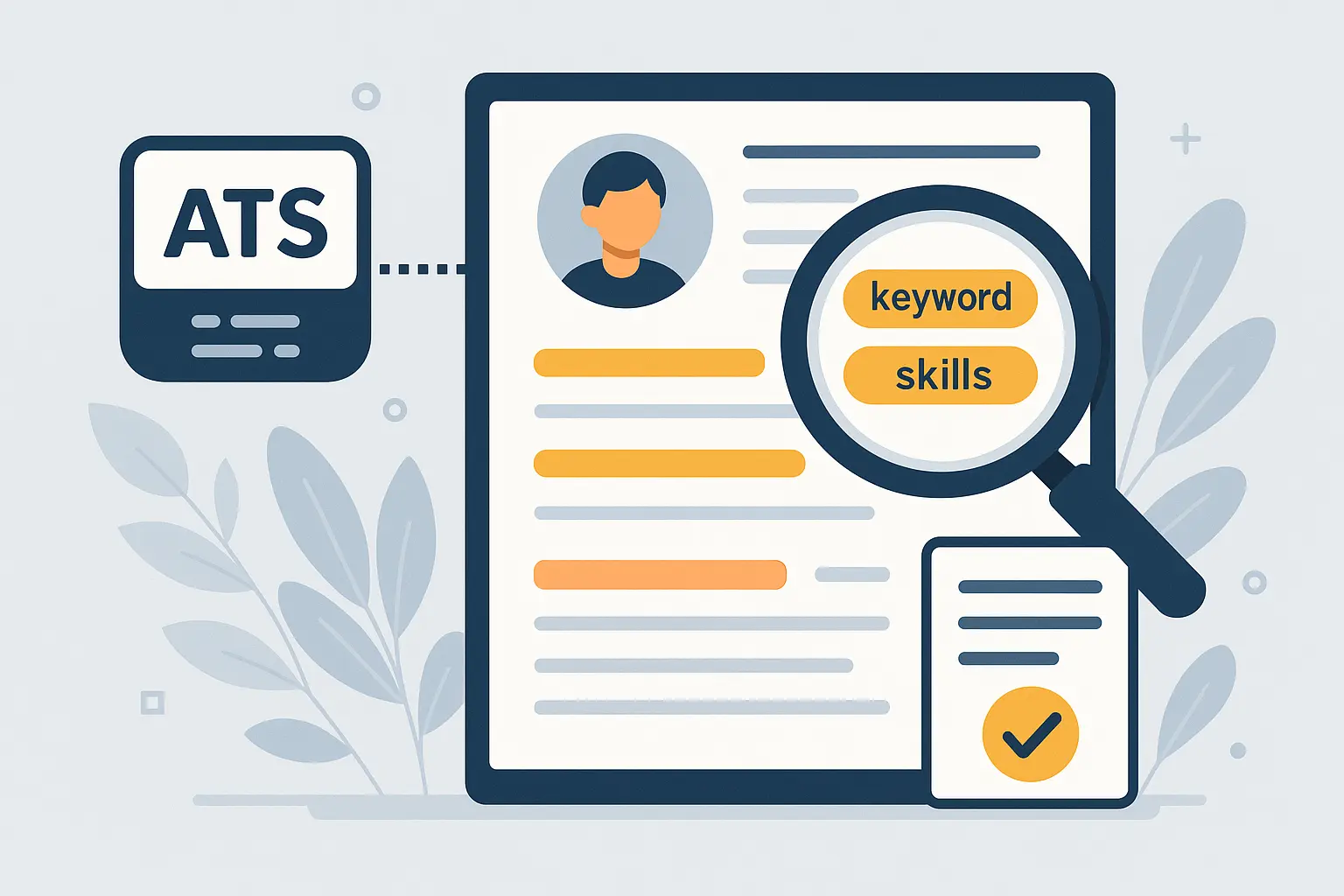Hard Skills That Actually Get You Hired (And the Ones That Don’t)

Let me be blunt: 76.4% of recruiters now filter resumes by skills before a human ever sees them according to Jobscan research. Your programming abilities, certifications, and software knowledge aren’t just important anymore—they’re your only shot at getting noticed. That’s why knowing which hard skills for resume success actually matter can be the difference between landing an interview and getting filtered out.
I’ve watched too many qualified people get rejected because they didn’t understand this shift. The brutal truth? Your technical skills determine whether you make it past the robots. Everything else comes after.

Table of Contents
- Hard Skills vs. The Fluff Everyone Obsesses Over
- Why Your Technical Skills Matter More Than You Think
- Industry-Specific Skills That Open Doors
- Building Skills Employers Actually Want
- Making Your Skills Shine on Paper
- Real Examples That Work (No More Generic Lists)
- The Real Talk
The Bottom Line
Hard skills are measurable abilities that can be tested—they’re your resume’s gateway drug. Different industries want completely different things, so tailor accordingly. Certifications and hands-on experience always trump theory. Show your skills in action with real results, not grocery lists. Match job description keywords exactly for ATS systems. Entry-level candidates should focus on foundational skills while experienced professionals need advanced competencies that demonstrate business impact.
Hard Skills vs. The Fluff Everyone Obsesses Over
Hard skills are concrete abilities you can prove. When you highlight the right hard skills for resume screening, employers can immediately verify them through tests or certifications.
Here’s what I see constantly: people focusing on being “great communicators” while they can’t use the basic software their dream job requires. Technical skills get you through the door. Period.
The difference isn’t academic—it changes how employers see you. You either know Python or you don’t. You’re certified in Google Analytics or you aren’t. This black-and-white nature makes these skills incredibly valuable for quick hiring decisions.
What Makes a Skill Actually “Hard”
Think programming languages, software mastery, equipment operation, regulatory compliance. What sets them apart? You can prove you know them through certifications, portfolio projects, or documented experience.
According to EdgePoint Learning research, LinkedIn’s Most In-Demand Hard and Soft Skills revealed that the top five technical skills in demand in 2023 were software development, SQL, finance, Python, and Java, while soft skills ranked lower in priority for initial screening processes.
Instead of saying “proficient in Excel,” try this: “Advanced Excel expertise including VLOOKUP, pivot tables, and macros—automated monthly reporting, cutting analysis time from 8 hours to 2 hours.”
See the difference? One shows capability, the other shows impact. This is exactly how you should showcase hard skills for resume visibility in today’s job market.
Technical Competencies You Can Actually Prove
Programming languages, database management, financial modeling, and regulatory compliance knowledge represent skills that employers can verify objectively. When hiring managers need someone who can build APIs, they can test your coding abilities during technical interviews. When they need financial analysis, they can review your Excel models and ask you to explain your methodology.
These competencies include certifications requiring standardized exams, software proficiencies demonstrable through practical tests, and technical knowledge producing measurable outcomes. They form the foundation of most job requirements because they directly impact your ability to perform essential functions.
Why Employers Trust Technical Skills Over Everything Else
Simple: they’re verifiable and directly predict job performance. You can’t fake SQL knowledge during a technical interview. You can’t pretend to understand financial modeling when asked to build a spreadsheet.
This objectivity makes technical competencies the foundation of hiring decisions. They reduce risk for employers and provide concrete evidence of what you’ll bring to their team. That’s why recruiters consistently prioritize candidates who strategically emphasize hard skills for resume optimization.
How the Workplace Changed Everything
Remote work and digital transformation completely reshuffled which skills matter. Even traditionally non-technical roles now require digital fluency. I’ve watched marketing evolve from creative-focused to data-heavy, requiring analytics platforms, CRM systems, and automation tools.
Recent research from “Resume Builder” found that 47% of hiring managers now consider AI abilities to be the most valuable technical skill for jobseekers in 2025, followed by sales and customer relationship management (40%), and data analysis and visualization (39%).
The message is clear: adapt or get left behind.
Digital Skills Became Non-Negotiable
The shift toward digital-first operations has made data analysis, digital marketing, cloud computing, and automation skills essential across virtually every industry. Customer service representatives need CRM proficiency, sales professionals require marketing automation knowledge, and managers must understand data analytics to make informed decisions.
These digital competencies now determine career advancement opportunities across industries. They demonstrate your ability to work effectively in modern business environments and manage projects without constant supervision.
Remote Work Created New Skill Requirements
Remote work didn’t just change where we work—it changed what technical abilities we need to be effective. Virtual collaboration tools, project management software, and digital communication platforms have become as important as industry-specific technical skills. Companies now expect candidates to be proficient with tools like Slack, Zoom, Asana, and various cloud-based platforms regardless of their primary role.
Why Your Technical Skills Matter More Than You Think
Technical competencies serve as the first filter in hiring. While personality matters for final decisions, your technical abilities determine whether you survive the initial screening.
I’ve seen qualified candidates rejected for missing the right keywords, while others with strong technical skills got interviews despite weaker people skills.
The strategic selection of technical competencies becomes critical when you consider that most employers receive hundreds of applications for each position. Your abilities need to immediately demonstrate your capacity to perform essential job functions.
Strategic Selection Changes Everything
Understanding which technical competencies to highlight becomes even more critical when you consider that professional resume format choices can significantly impact how effectively your skills are presented to both ATS systems and human recruiters.
You can’t master everything, so choose wisely. Analyze job postings in your field and track which skills appear most frequently. This data-driven approach ensures you’re not wasting time on irrelevant competencies.
Here’s a simple framework:
| Strategy | Purpose | Example |
|---|---|---|
| Job matching | Pass ATS screening | If they want “Python,” use “Python” (not “programming”) |
| Industry trends | Stay competitive | Cloud skills matter everywhere now |
| Differentiation | Stand out | Specialized certifications set you apart |
| Future-proofing | Career longevity | AI and automation skills have staying power |
Job Description Analysis That Actually Works
Systematically analyzing job postings reveals patterns in required competencies and helps you prioritize which skills to develop and highlight. Keep a spreadsheet of abilities mentioned across multiple job descriptions in your target field. This data-driven approach ensures you’re investing time in skills that actually appear in job requirements.
Matching Skills to Career Goals
Your technical competencies should align with where you want your career to go, not just where you’ve been. If you’re aiming for leadership roles, develop skills that demonstrate strategic thinking and business impact. If you’re targeting specialized technical positions, deep expertise in niche tools becomes more valuable than broad generalist knowledge.
Industry-Specific Skills That Open Doors
Different industries value completely different skill sets. What works in tech won’t work in healthcare. Here’s what actually matters across major employment sectors:
Technical competency examples vary dramatically between industries, making targeted skill development essential for career success. A marketing professional’s toolkit might include Google Analytics, marketing automation platforms, and social media advertising tools, while a healthcare professional needs clinical certifications, medical software proficiency, and regulatory compliance knowledge.
Technology and Software Development
The tech world demands constantly evolving abilities. Balance foundational languages (Python, JavaScript, Java) with emerging technologies (AI, blockchain). The key? Build transferable skills while specializing strategically.
Technical competencies in technology require continuous learning as new frameworks, languages, and tools emerge regularly. The most successful tech professionals develop abilities that transfer across different technologies while maintaining deep expertise in their chosen specialization.
Programming Languages That Actually Matter
Core programming languages like Python, JavaScript, Java, and C++ remain foundational across most development roles, while frameworks like React, Angular, and Node.js add specialized capabilities that employers actively seek. Focus on languages aligned with your target roles rather than trying to learn everything.
Research shows that 93% of employers state that soft skills are either essential or very important in hiring decisions, but programming languages serve as the initial qualification filter that determines whether candidates even reach the interview stage where soft skills are evaluated.
Cloud and Infrastructure Skills Everyone Wants
AWS, Azure, and Google Cloud certifications demonstrate expertise in modern infrastructure management, while DevOps tools like Docker, Kubernetes, and Jenkins show operational capabilities that bridge development and operations. These competencies are increasingly valuable as companies move toward cloud-based solutions.
Data Skills That Pay the Bills
SQL, R, Python for data analysis, machine learning libraries, and visualization tools like Tableau represent high-value abilities in data-driven organizations. Even non-technical roles increasingly require basic data analysis capabilities, making these skills valuable across multiple career paths. The ability to extract insights from data and present them clearly has become a differentiating factor in many industries.
Business and Finance
Financial and business roles require specific analytical tools, software proficiencies, and regulatory knowledge that demonstrate professional competence. These abilities often involve complex software platforms and methodologies that take significant time to master, making them valuable differentiators in competitive job markets.
Technical competencies in finance and business focus on quantitative analysis, financial modeling, and strategic planning tools that directly impact business outcomes. Proficiency often correlates with salary levels and advancement opportunities.
Financial Software That Opens Doors
Excel mastery, including advanced functions and macros, forms the foundation of most financial roles, while specialized tools like Bloomberg Terminal, QuickBooks, and SAP demonstrate industry-specific expertise. The depth of your Excel abilities often determines your effectiveness in financial analysis roles—basic spreadsheet knowledge isn’t enough anymore.
Project Management Skills That Actually Work
PMP certification, Agile/Scrum knowledge, and proficiency in tools like Jira, Asana, or Monday.com demonstrate a structured approach to business execution. These competencies are valuable across industries because they show you can manage complex initiatives and deliver results on time and within budget.
Healthcare and Life Sciences
Healthcare professionals must demonstrate clinical competencies, regulatory compliance knowledge, and proficiency with medical technologies and electronic health records. The highly regulated nature of healthcare makes certifications and documented competencies especially important for career advancement.
Medical competencies combine clinical expertise with technology proficiency as the industry becomes increasingly digital. Medical professionals need both traditional clinical abilities and modern healthcare technology competencies to remain competitive.
Clinical Skills That Matter
Specific medical procedures, equipment operation, and clinical certifications like BLS, ACLS, or specialty board certifications validate professional competence in healthcare settings. These abilities often require ongoing education and recertification, making them valuable indicators of professional commitment and expertise.
Healthcare Technology Competencies
Electronic Health Record (EHR) systems like Epic, Cerner, or Allscripts, along with medical imaging software and telemedicine platforms, represent essential technical abilities in modern healthcare environments. As healthcare becomes increasingly digital, proficiency with these systems becomes as important as clinical skills for many roles.
Building Skills Employers Actually Want
Developing relevant technical competencies requires strategic planning, resource allocation, and validation through recognized certification programs. Random skill acquisition won’t advance your career—you need a systematic approach that aligns with professional objectives and market demand.
Effective skill development combines formal learning with hands-on practice and credible validation. I’ve seen professionals waste years learning abilities that never translated into job opportunities because they didn’t research market demand first.
Certification Strategies That Work
Professional certifications provide credible validation of your abilities and often serve as prerequisites for advanced positions or salary increases. However, not all certifications carry equal weight, and some industries value hands-on experience over formal credentials.
A recent “Adobe Acrobat study” found that more than half (51%) of executive resumes completely remove certifications and 60% fully omit any awards, indicating that demonstrated technical abilities and measurable impact are becoming more valuable than traditional credentials.
Industry-Standard Certifications Worth Pursuing
Focus on certifications that carry weight in your target industry:
- AWS for cloud computing
- Google Analytics for digital marketing
- Six Sigma for process improvement
Research which certifications appear most frequently in job postings and which ones lead to measurable career advancement. Some certifications open doors while others are just expensive pieces of paper.
Certifications should align with your career goals and provide concrete benefits like salary increases, promotion opportunities, or access to specialized roles. Avoid collecting certificates without clear strategic value.
Online Learning That Actually Leads Somewhere
Platforms like Coursera, Udemy, LinkedIn Learning, and Pluralsight offer structured learning paths with certificates of completion that can supplement formal education. Choose courses that provide hands-on practice and real-world applications rather than just theoretical knowledge. Look for programs that include portfolio projects or practical assignments.
Skill Development Checklist:
- ☐ Identify 3-5 skills mentioned in 80% of target job postings
- ☐ Choose learning platform with hands-on projects
- ☐ Set specific timeline for skill acquisition (3-6 months per skill)
- ☐ Create portfolio projects demonstrating each skill
- ☐ Seek industry-recognized cert
- ☐ Seek industry-recognized certifications where relevant
- ☐ Practice skills through real-world applications
- ☐ Document learning progress and achievements
- ☐ Update resume with quantifiable skill demonstrations
Building Proof of Your Abilities
Create tangible examples through projects, GitHub repositories, or professional portfolios. Employers want to see what you can actually do, not just courses you’ve completed. A strong portfolio often carries more weight than multiple certificates without practical application.
Technical competencies become credible when you can demonstrate their real-world application. A marketing professional learning Google Analytics might create a comprehensive analysis of website traffic patterns for a local nonprofit, documenting methodology, insights discovered, and recommendations made. This portfolio piece demonstrates both technical proficiency and business application.
Staying Current Without Burning Out
Technology and industry standards evolve rapidly, making continuous learning essential for maintaining relevant abilities throughout your career. However, trying to keep up with every new trend leads to burnout and scattered expertise. The key is strategic learning that focuses on skills with staying power and clear career benefits.
Identifying Trends Worth Following
Following industry publications, attending webinars, and participating in professional associations helps identify emerging competencies before they become requirements. Focus on trends that align with your career goals rather than every new technology that gets hyped. Some trends fade quickly while others reshape entire industries.
Maintaining Existing Skills
Many technical abilities involve software or systems that regularly update, requiring ongoing learning to maintain proficiency with current versions and features. Budget time for maintaining existing skills alongside learning new ones. Sometimes deepening expertise in tools you already know provides more career value than learning something completely new.
Making Your Skills Shine on Paper
When crafting your resume, understanding the fundamentals of resume format secrets becomes crucial for presenting the right hard skills for resume success in the most compelling way possible.
Effectively presenting technical abilities on your resume requires strategic formatting, keyword optimization, and quantifiable demonstrations of proficiency. Simply listing competencies won’t differentiate you from other candidates—you need to show how you’ve applied these abilities to achieve real results. The best resumes integrate technical skills naturally into achievement-focused descriptions rather than relegating them to a separate skills section.
Getting Past the Robots (ATS Optimization)
Applicant Tracking Systems scan resumes for specific technical competencies and keywords, making proper formatting and terminology crucial for getting past initial screening. Understanding how these systems work helps you structure your resume to maximize visibility while still appealing to human readers.
Technical skill optimization for ATS requires matching exact terminology from job descriptions and distributing keywords naturally throughout your resume content.
Keyword Strategies That Actually Work
Match the exact terminology used in job descriptions, include both acronyms and full names (like “Search Engine Optimization (SEO)”), and distribute keywords naturally throughout your resume. Don’t just stuff keywords into a skills section—integrate them into your experience descriptions where they make sense contextually. ATS systems are getting smarter at detecting keyword stuffing.
Technical abilities should appear in context within your professional experience rather than isolated in lists that provide no meaningful information about your proficiency level.
Skills Section Optimization
Choosing the right approach requires understanding how different best resume builders handle skills sections and which formats work best for your specific industry and experience level.
Create a dedicated technical skills section with clear categories, use bullet points or clean formatting, and list abilities in order of relevance to the target position. Group related skills together and use consistent formatting throughout. Consider creating separate sections for different types of skills (technical, software, certifications) if you have extensive competencies.
Quantifying Your Skill Level
Whenever possible, include metrics that demonstrate your proficiency level, such as “5+ years experience with Python” or “Managed databases with 10M+ records using SQL.” Specific numbers and timeframes help employers understand your proficiency level and experience depth. Avoid vague terms like “proficient” or “familiar with” that don’t provide meaningful information.
Context Makes Everything Better
Technical abilities become more powerful when presented within the context of specific achievements and measurable outcomes rather than as standalone lists. Employers want to understand how you’ve applied your technical competencies to solve problems and deliver results. The most effective resumes weave skills into compelling stories about professional accomplishments.
Skill presentation should always connect technical capability to business value and measurable outcomes.
Project-Based Skill Demonstration
Describe specific projects where you applied technical abilities, including the technologies used, challenges overcome, and quantifiable results achieved. This approach shows not just what you know, but how you’ve used that knowledge to create value. Project descriptions should highlight both technical complexity and business impact.
Results-Oriented Skill Presentation
Connect technical competencies to business outcomes, such as “Implemented automated testing using Selenium, reducing bug detection time by 40%” rather than simply listing “Selenium.” This approach demonstrates the practical value of your technical competencies and shows employers how you might contribute to their organization. Focus on achievements that matter to business stakeholders, not just technical accomplishments.
Real Examples That Actually Work (Not Generic Lists)
Understanding technical competencies becomes actionable when you see specific examples across different industries and experience levels. Generic skill lists don’t help you understand how to position your abilities effectively. I’ve included concrete examples that show how to adapt your skill presentation based on your career stage and target roles, along with industry-specific competencies that often get overlooked.
Technical skill presentation varies significantly based on your professional level and target industry. Your abilities should work together to tell a cohesive story about your professional capabilities, with technical skills serving as the foundation that gets you past initial screening processes.
Skills by Career Stage
The presentation and selection of technical competencies should evolve based on your experience level and target industry. Entry-level candidates need to focus on foundational skills and educational projects, while senior professionals should emphasize advanced competencies and strategic applications. Understanding these differences helps you position your abilities appropriately for your career stage.
Skill requirements and presentation strategies change dramatically as you advance in your career, requiring different approaches to demonstrate value at each professional level.
| Career Stage | Focus | Presentation Strategy | Example Skills |
|---|---|---|---|
| Entry-Level | Foundational tools & education projects | Academic projects, internships, certifications | Microsoft Office, Python basics, Google Analytics |
| Mid-Career | Specialized expertise & project leadership | Advanced applications, team impact, process improvements | Advanced Excel/VBA, Salesforce admin, AWS certified |
| Senior-Level | Strategic implementation & business impact | Enterprise solutions, team mentoring, ROI metrics | Enterprise architecture, budget management, M&A analysis |
| Executive | Technology vision & organizational transformation | Digital transformation, strategic planning, industry leadership | Digital strategy, change management, board reporting |
Entry-Level Skills That Get Noticed
New graduates and career changers should emphasize educational projects, internship experience, and foundational certifications like Microsoft Office Suite, Google Analytics, basic programming languages, or industry-specific software training. Focus on abilities that demonstrate learning potential and foundational competence rather than trying to oversell limited experience. Highlight any hands-on projects or practical applications from your education.
Technical competencies at the entry level should show potential and trainability rather than extensive experience.
Mid-Career Professional Skills
Experienced professionals should highlight advanced certifications, specialized software mastery, project management tools, and technical skills that demonstrate progression and leadership capabilities. At this level, depth of expertise becomes more valuable than breadth of knowledge. Show how you’ve used technical abilities to lead projects, mentor others, or drive business results.
Senior-Level and Executive Skills
Senior professionals should focus on strategic technology implementation, enterprise-level software experience, advanced analytics capabilities, and technical competencies that demonstrate business impact and team leadership. At executive levels, technical skills should show how you’ve used technology and technical expertise to drive organizational success rather than just personal productivity.
Industry-Specific Skills You Might Miss
Many industries have specialized technical competencies that aren’t obvious to outsiders but are essential for success. Understanding these niche abilities helps you identify skill gaps and development opportunities that could significantly impact your career prospects.
Technical abilities vary dramatically between industries, and missing key competencies can eliminate you from consideration regardless of your other qualifications.
Retail and Customer Service Technical Skills
For professionals in retail environments, understanding salary expectations becomes crucial when negotiating positions that require specialized technical competencies, which is where resources like salary increase calculator secrets can provide valuable insights into compensation trends.
Retail and customer service roles require specific technical competencies that blend customer interaction technologies with operational systems and sales tools. These abilities are often undervalued but essential for success in customer-facing roles.
Point-of-sale systems like Square, Shopify POS, or industry-specific platforms, along with inventory management software and customer relationship management (CRM) tools, form the foundation of modern retail operations. E-commerce abilities including online marketplace management (Amazon, eBay), social media advertising, email marketing platforms, and analytics tools for tracking customer behavior are increasingly valuable as retail moves online.
Customer service technology skills like help desk software, live chat platforms, ticketing systems, and customer database management demonstrate technical competency in modern service environments. These abilities often differentiate candidates in competitive service industries.
A retail manager might demonstrate their technical competencies by stating: “Implemented new Shopify POS system across 3 store locations, training 15 staff members and reducing checkout time by 25%. Integrated inventory management with online sales channels, improving stock accuracy from 85% to 98% and reducing out-of-stock incidents by 40%.”
The Real Talk
Technical skills aren’t just requirements—they’re your career currency. The job market rewards concrete, measurable competencies that contribute to business success. While soft skills matter for workplace relationships and leadership, technical abilities are what get you through the door and determine your ability to perform effectively in your role.
The key to leveraging technical competencies effectively lies in strategic selection, continuous development, and compelling presentation. You can’t master every technical ability, but you can become exceptionally skilled in the areas that matter most for your career goals. Focus on building a foundation of versatile skills while developing specialized expertise that differentiates you from other candidates.
Remember that technical abilities require ongoing maintenance and development. Technology evolves, industry standards change, and new tools emerge regularly. The professionals who thrive are those who balance deepening existing expertise with strategic acquisition of emerging competencies. Your technical and interpersonal skills should tell a story of professional growth and adaptability, not just technical knowledge.
Most importantly, your technical competencies need to be presented in context with real achievements and measurable outcomes. Employers don’t just want to know what you can do—they want to understand how you’ve used your technical abilities to solve problems, drive results, and create value. That’s why identifying and showcasing the most relevant hard skills for resume impact is the smartest move you can make in a competitive job market. The most successful resumes integrate technical skills naturally into compelling professional narratives that demonstrate both technical capability and business impact.
Your technical competencies should evolve with your career progression, industry trends, and professional objectives. The investment you make in developing and presenting these abilities will determine your access to opportunities and your ability to command higher compensation throughout your career.








